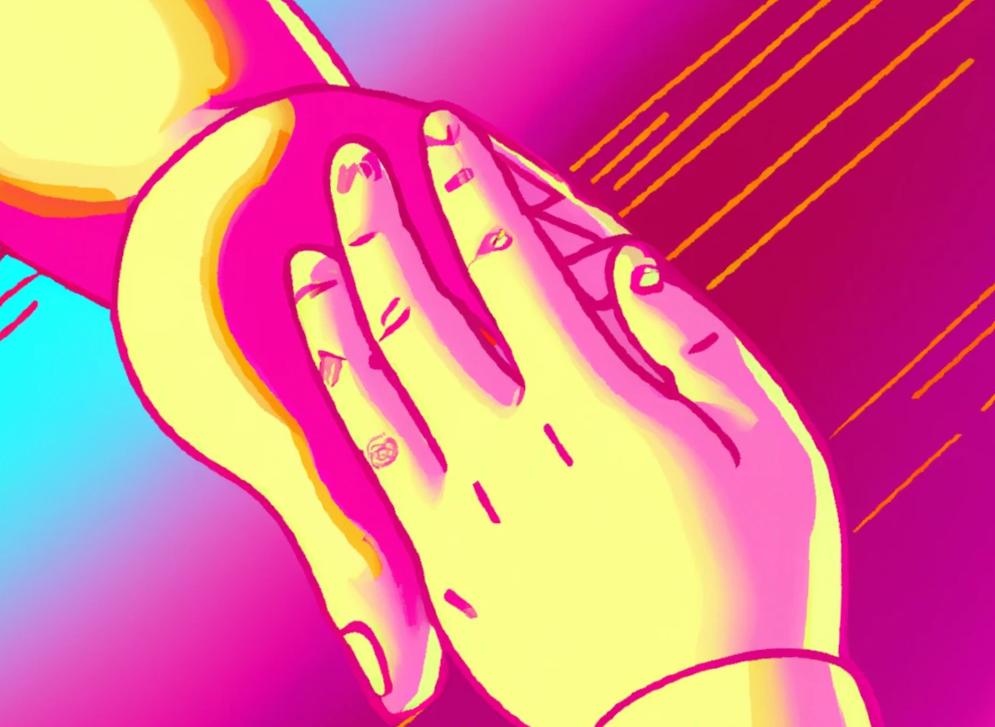Whenever you make progress in dealing with your mental health, looking back at how bad you were is hard. Yet, forgiving yourself is essential to healing.
A flurry of emotions arises when I look back and see how bad my condition was. As I learn more about my mental health and how to deal with the ups and downs, looking back can be overwhelming.
Once I learned how to cope with anxiety and panic attacks, looking back was an act of self-criticism. I went through every emotion possible. I felt anger at being unable to cope with anxiety and empathy. Then, pity for that weakened person who was trying to survive. Such reactions, in themselves, need work, I know.
Reacting this way embarrassed me, and I thought I was alone. Indeed, no one else was so critical of themselves when dealing with past struggles. It wasn’t until I talked to a friend in California that she brought up the subject by herself. She was enjoying her time off once again, and she felt terrible about “who” she had been in the past. I use quotes because, in the end, that’s how it feels. It’s someone else. It’s not a mirror but another person.
I sometimes view dealing with anxiety as a video game. The first levels are superficial, and they might feel overwhelming at first. In no time, they’re soon easy to complete. It’s when we get to the causes that the going gets rough. The next step? That’s even harder. Forgiving yourself for anxiety can feel almost impossible.
Forgiving yourself is hard
In general, our society rarely teaches us how to forgive. We don’t focus on the act of forgiveness because it drags along with it a complex set of changes that we need to go through. Most importantly, we need to change how we see ourselves. More often than not, we must admit something wrong has happened.
It might not be our fault, though sometimes it is. Forgiveness can also involve those we love, making it even harder. Then, there’s the most challenging of all: self-forgiveness. You can’t change your past, but you must face it, which takes effort. You have to accept that you were that person, with your struggles, weaknesses, and strengths.
We punish ourselves instead of forgiving
I punished myself at the beginning of this article. It’s something I’ve done for most of my life. Why? I’m working on it.
As I read more about this topic, I discovered that self-punishment can help us deal with problems in the short run, only to see them worsen in the future.
In anxiety, self-punishment can be frequent. We often associate it with our culture, that says we shouldn’t be anxious. Moreover, if we are, then overcoming it is easy.
So, when my crisis first began, it was easier to jump to a mode of self-criticism instead of working to solve it.
Forgiving yourself needs self-acceptance
Making progress in dealing with anxiety is overwhelming at times. It’s also tiring. So, once you’ve gotten better, it’s time to dive deeper and uncover more memories that could trigger an attack. However, it also allows you to find new solutions.
After about a year of working on my panic attacks, I noticed I had more control over them, but an overwhelming feeling of self-criticism arose. It was no longer about the attacks themselves, but rather, why did I let them happen?
That’s how I landed on forgiving yourself for anxiety, but not without having to overcome a massive challenge first. My therapist suggested that I give the microphone to those moments of criticism. I should let them take the stage and hoard the spotlight. After all, denying them made no sense. They had been a part of my life.
Once I did that, I entered a cycle of self-awareness. I was mindful of those attacks and aware that they had already happened. I had overcome them so I could forgive myself.
Self-forgiveness and accountability
Granted, none of this was immediate. It still isn’t. Occasionally, I struggle with the idea of looking back at myself. I feel embarrassed that my boss told me to leave and work from home. My cheeks flushed when my voice breaking after my coworkers asked me if I was okay.
The vital difference is that now, I can accept these moments. Moreover, now, I don’t lash out at myself. Instead, I forgive that person in the mirror for feeling that way. Back then, I didn’t have the tools.
That’s how I fall back on the video game analogy. Back then, I hadn’t gone through the basic levels back then. Thus, I didn’t know how to handle these challenges. Now, I’m more prepared, with still more to come, and one of the vital keys is accepting who I was back then. The other is forgiving myself for being in that place.
